Balance getting ahead with a pause in the now, say experts
By Renata Hill, Moodfuel
Western culture ingrains a math formula into us from a young age: Make More Money to Buy Big to become Happy Humans:

This psychic math assaults us continually from almost everywhere – on our screens, within our cars or public transport, in the built environment. We can't get away from it even when we visit a restroom.

What does this saturation equal? There are two sequences in this math problem. First, we have become hyper-focused on getting ahead which means thinking ahead. Our brains skip from thinking about dinner after the Broncos game to bonding with the boss tomorrow when she discusses the game to strategically timing that important raise request to celebrating by buying a bigger TV to watch the next Broncos game. That thought process about the future occurs in maybe two seconds.

Second, we can mentally rotate 180 degrees to dwell on and chafe about past events or interactions that, of course, we can't change. For example, I'm not good with snappy comebacks, but sometimes they come to me hours or days later (the very definition of unsnappy). Plus, I'm still ashamed for yelling at the athletic store clerk in 2007 because the store was out of my fave socks (and I had argued big-time with my husband that morning).
This future-past tense mental math causes us to ignore, gloss over or completely miss the present moment. Yes, this lack of awareness is an element of the human condition, but did you know our tolerance for it contributes to high stress levels, high blood pressure, anxiety, depression, sleep problems, heart disease, ulcers and maybe other serious illnesses?
What if we paused during our rushing, busy lives?
Pausing in our rapid thinking to focus on the now is difficult, but according to the National Institutes of Health, numerous research studies and wisdom keepers (Joy Harjo, Eckhart Tolle, Dr. Amishi Jha and Thich Nhat Hanh come to mind), it would be very helpful to our mental health if we did.

This pause has a name. A brief interlude in which we notice the sun's warmth or gaze at a spider constructing her intricate web, then acknowledge our emotion(s) and physical body is called mindfulness. In more detail, Oxford Languages defines mindfulness as "a mental state achieved by focusing one's awareness on the present moment, while calmly acknowledging and accepting one's feelings, thoughts and bodily sensations."
With roots in Buddhism, mindfulness has been practiced by Asian peoples for millennia, but entered Western consciousness only in the last 50 years.
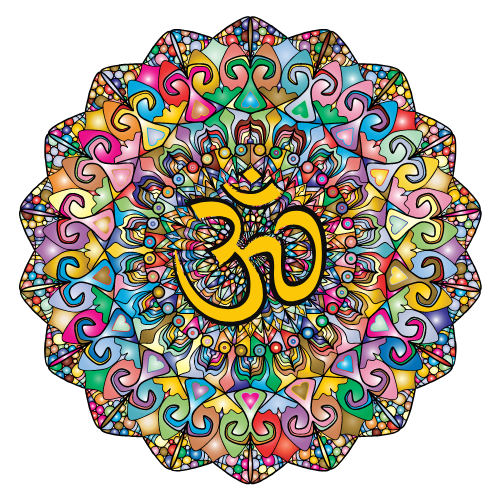
Scientists began studying mindfulness in the 1980s. According to Mindful.org, Dr. Jon Kabat-Zinn at the University of Massachusetts Medical Center established a "Mindfulness-Based Stress Reduction" clinic in 1982. Since then, 25,000 people have completed his program better able to handle stress, pain and chronic illness.
At the University of Wisconsin-Madison’s Center for Healthy Minds, people experiencing chronic pain improved after mindfulness training, "pointing a way toward more targeted and precise pain treatment," states an article on boosting pain regulation through mindfulness.
“For many chronic illnesses, mindfulness ... seems to improve quality of life and reduce mental health symptoms,” says Dr. Zev Schuman-Olivier of Harvard University, director of the Center for Mindfulness and Compassion in Boston and assistant professor in psychiatry at Harvard Medical School.
Withholding judgment is essential
One critical aspect of mindfulness is non-judgment. Humans are a judgey species, especially with ourselves, and everyone is familiar with the truism that we are our own worst enemy.
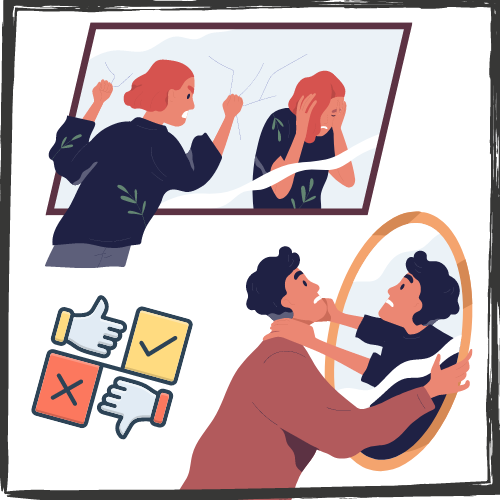
Satisfyingly, mindfulness can diminish the harsh effects of judging self and others. With practice, “it’s like being able to sit on the riverbank and watch thoughts floating by like leaves on a stream,” explained Sona Dimidjian, PhD, director of the Renée Crown Wellness Institute at the University of Colorado Boulder. “Developing the skill of mindfulness can help stop you from being pulled into any one thought and carried down the stream.... You can develop the ability to stand back from these painful thought patterns."
Who wouldn't want to stand back from, or better yet, kick those looping, piercing, painful thought patterns in the butt so they stay away? We could decolonize depression and anxiety, retaking control of our thought patterns and enabling us to feel more hopeful about ourselves and our lives.
We could mentally exhale, creating space for productive thoughts about the best ways to care for ourselves, families, friends and communities instead of grinding through exhausting, disheartening future-past math calculations.
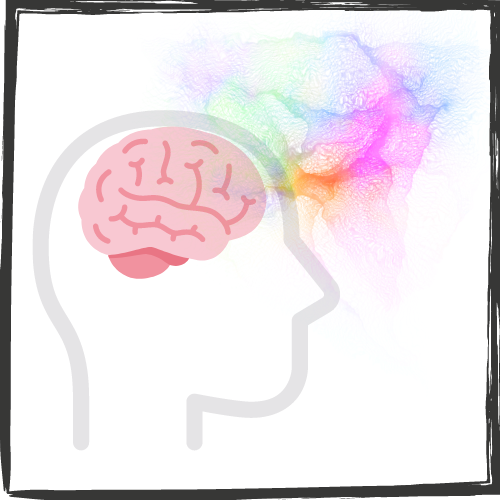
If you're intrigued by the practice of mindfulness, here's some good news. We can train ourselves to focus on the present moment. We can become aware of our thoughts, feelings, sensations and environment. We can make these observations without judgment, too.
“Looking at our thoughts and feelings with curiosity, gentleness, and kindness,” explains Dr. Eric Loucks, director of the Mindfulness Center at Brown University, is a powerful way to practice self-care and compassion for everyone.
Mindfulness can involve sitting meditation practiced in a quiet space. In this type of practice, you focus on your breathing, inhaling slowly and deeply through your nose and exhaling slowly and deeply through your mouth. Your eyes can be opened or closed, which ever feels more comfortable. I like to think about my breath turning a big wheel as I inhale and exhale.
When my mind wanders, and it does for all beginners – those leaf-thoughts floating by on the stream – I merely acknowledge them without judgement and return to the present and my breath.

Yet, mindfulness doesn’t have to be done sitting still or in silence. You can integrate the practice into things you do every day, like walking or eating. When you walk, focus on the feel of your rear foot moving forward, touching the floor or ground with your heel, then the ball, then the toes and balancing as the other foot swings forward. When eating, focus on the food, its colors and scent, the sound of your utensil collecting a mouthful, the taste on various parts of your tongue, the way you swallow.
'Just Walk, Just Eat'
To paraphrase Buddhist teachers, if you walk, just walk. If you eat, just eat. It is very restful not to divide your attention between a main activity and anything else (hello, screen scrollers, TV watchers and podcast listeners).
Being mindful may also help you make healthier choices. Loucks’ team at Brown created an eight-week mindfulness program for people with high blood pressure. They studied whether the program increased participants’ awareness of their habits, including eating habits. Participants chose healthier diets after taking the course.
Other studies suggest that mindful eating can reduce binging and emotional eating. Paying attention to your body as you eat will enable you to notice signals telling you you're full while increasing your enjoyment of the taste and texture of food.

"If you just ate a jelly donut mindfully, you're more likely to notice an unpleasant sugar rush and subsequent crash," Loucks explained. This memory can help you make better food choices in the future.
If you want support in starting a mindfulness practice, there are many online programs and apps, but they’re not all created equal. Experts suggest looking for resources from medical schools and universities. Stick with ones that are evidence-based.
“If you end up having difficulty with an app, though, don’t take it personally or think that you’re somehow bad at mindfulness, or it’s not meant for you,” Schuman-Olivier said. You can also try finding a teacher or someone with the skills to guide you in mindfulness training.
Like any new skill, mindfulness takes practice. “Just because something is simple, doesn’t mean that it’s easy,” Dimidjian says. Aim for a few minutes of mindfulness each day and build from there.
The new math
I try as often as possible to follow this formula because it incorporates mindfulness and helps minimize my anxiety and depression:

A sense of calm and balance, even for a few moments is incredibly restorative, sort of a mental flash-nap. Perhaps, through mindfulness we can reassess our perspective on Western math, revaluate the worth of missing out on the present. Does working hard to buy more and bigger stuff really make us Happy Humans?
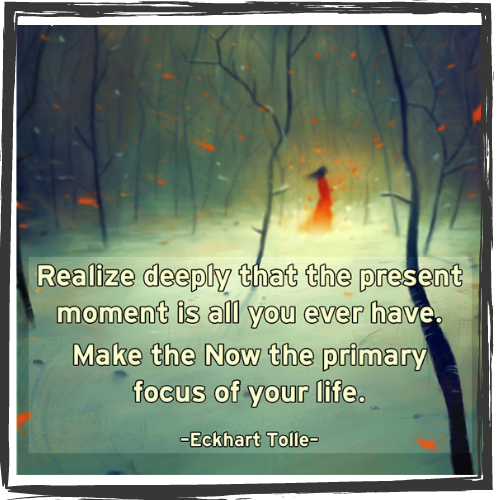
Here is an exercise to try for developing mindfulness while active.
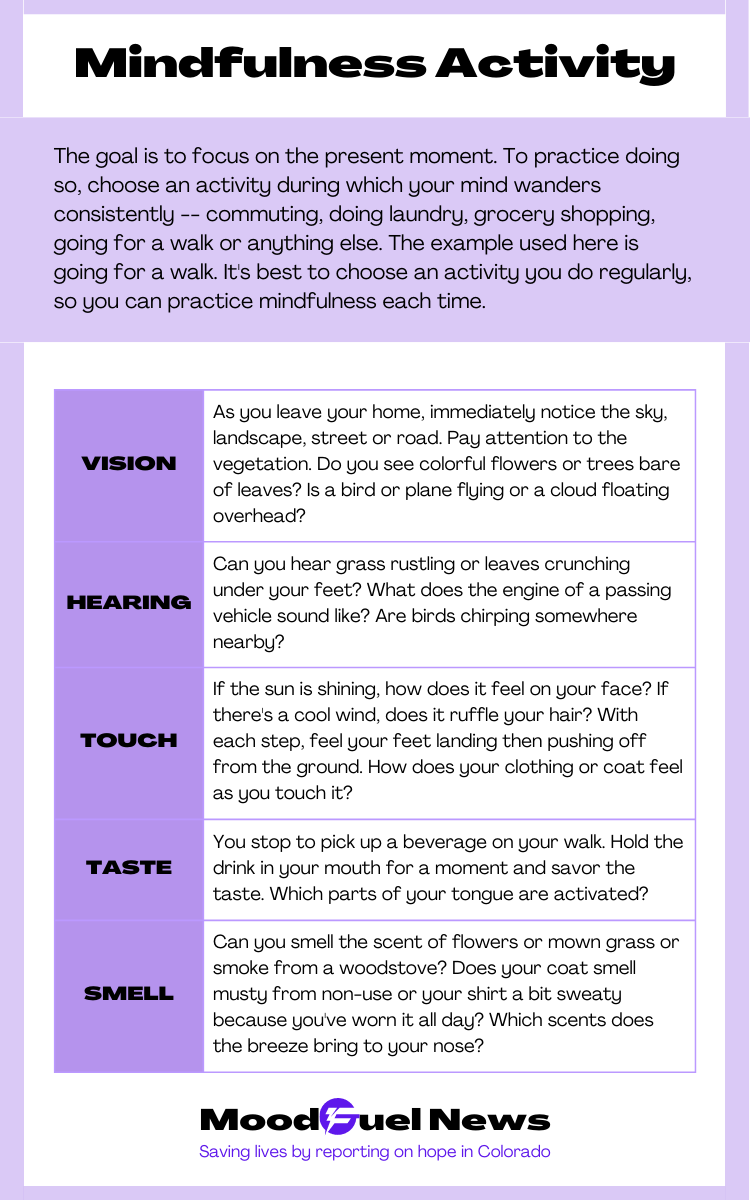
How do you practice mindfulness? Let us know at MoodfuelCO@gmail.com
Understand the mental health landscape of Colorado each week. Get the Moodfuel Newsletter.


